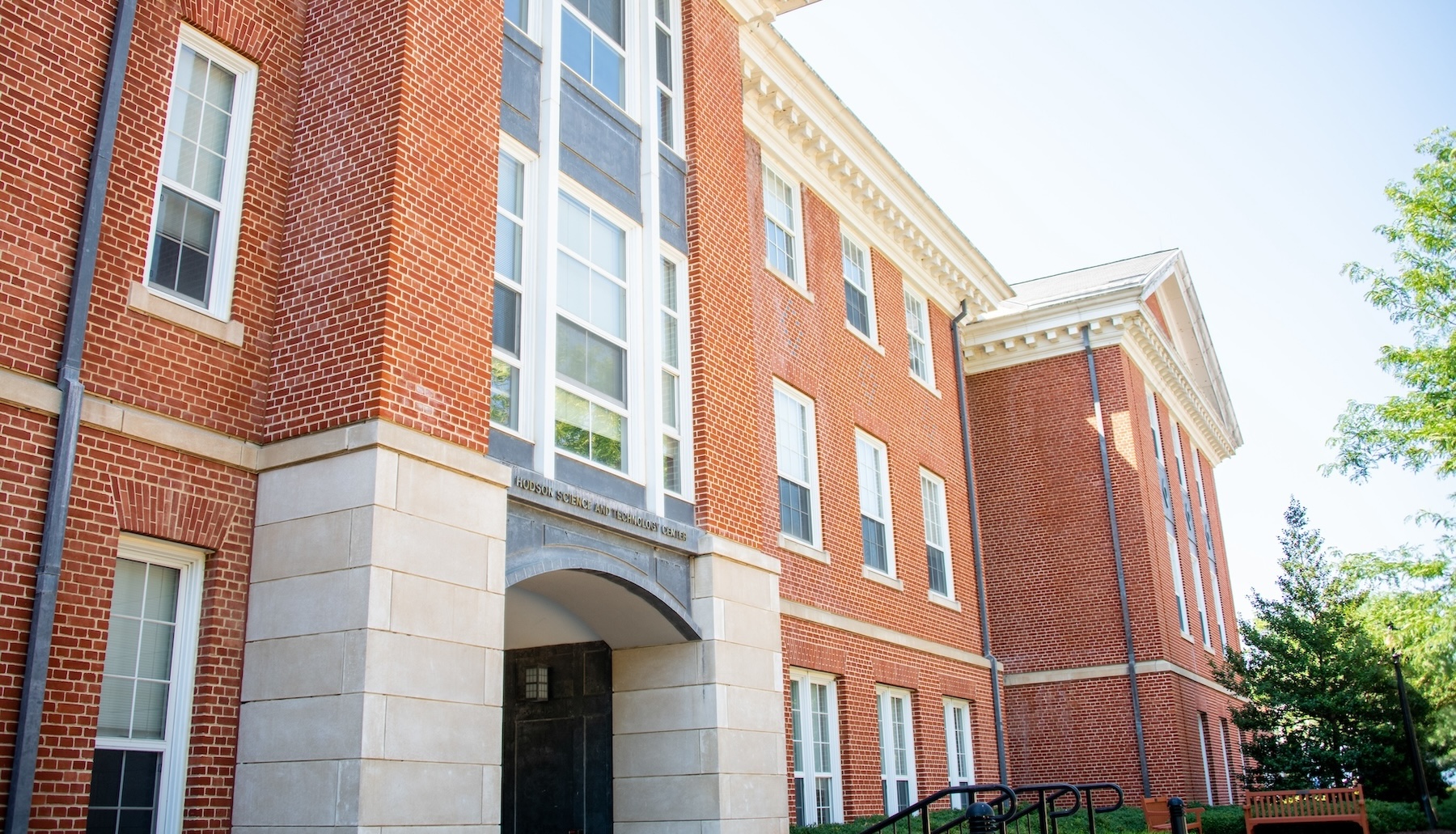Getting a degree in the Humanities doesn’t mean that you will make less money. Summarizing the data, Jaschik states “the report doesn’t contest that those who majored in engineering or natural sciences earn more, on average, than do humanities graduates. But it shows humanities grads to be gainfully employed and holding positions of authority, and finds that when it comes to measures of career satisfaction, humanities grads are as satisfied as those who majored in STEM.” While acknowledging that starting salaries for Humanities graduates are lower than for those in fields like engineering, pay gaps narrow over time.
Humanities—Yes, You Can Get a Job From That!

“But can you really get a job with that?” It’s a difficult question for students to hear. According to Shocker: Humanities Grads Gainfully Employed and Happy by Scott Jaschik, for those pursuing degrees in Humanities, the answer is “yes.” Examining results from a recent study using Census data and Gallup Polls, Jaschik explains that 95.7% of those surveyed with a bachelor’s degree in Humanities were employed, as well as 97% of those with a Master’s. 87% of people with a bachelor’s in Humanities were happy with their employment, while 90% of advanced degree holders consider themselves happy. The data “challenges the myth of the underemployed, unhappy humanities graduate.” This is “comparable to graduates from almost any other field.” Dr. Corey Campion, Program Director of Hood College’s M. A. in Humanities, explains that “unlike specialized training which aims to secure jobs in a particular field, the humanities provide training in writing, analysis, and critical thinking – skills which, according to the recent World Economic Forum (2016) study, are now more than ever in demand from employers in a broad range of fields.”
- Graduate
- Graduate School
- Arts & Humanities Graduate Programs





